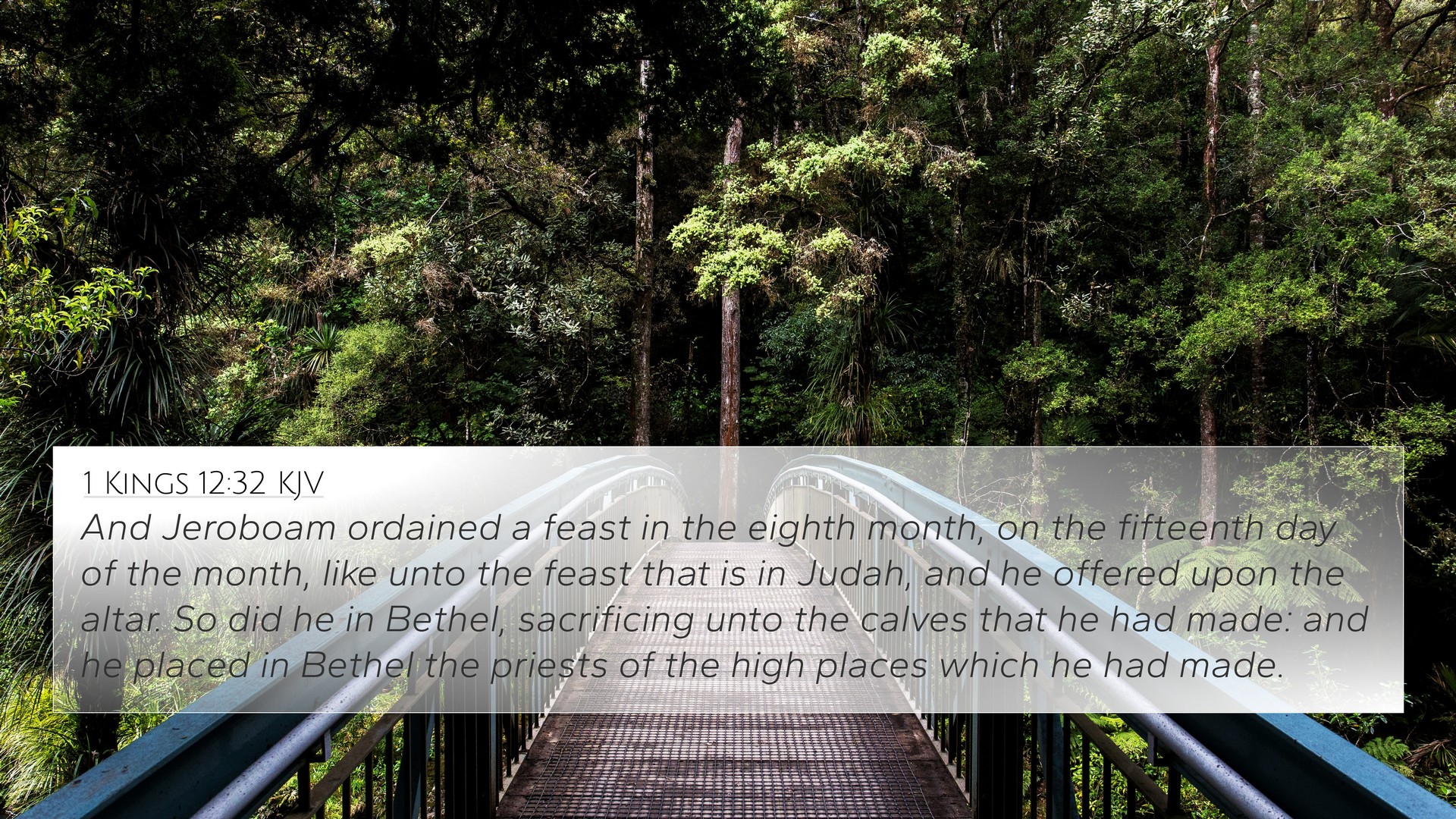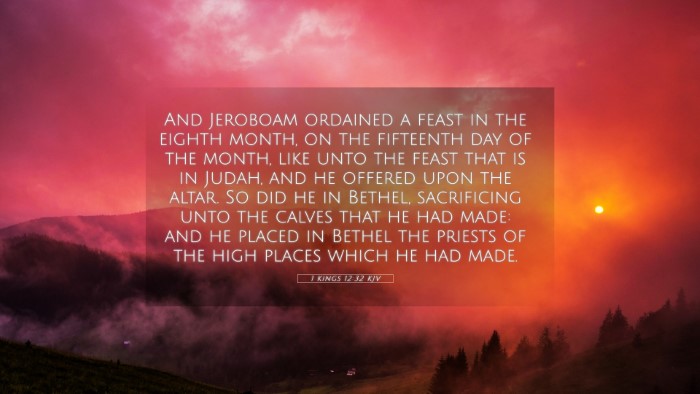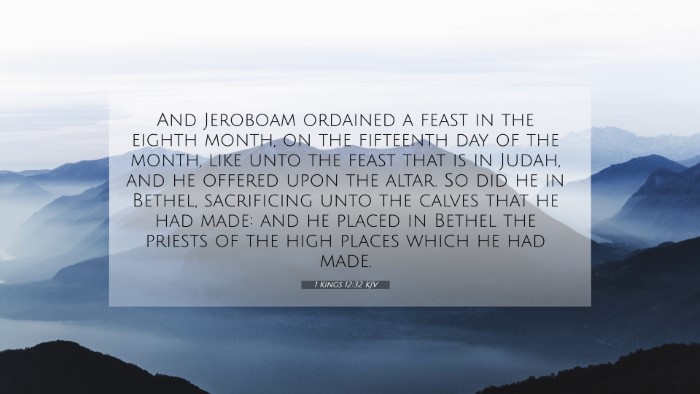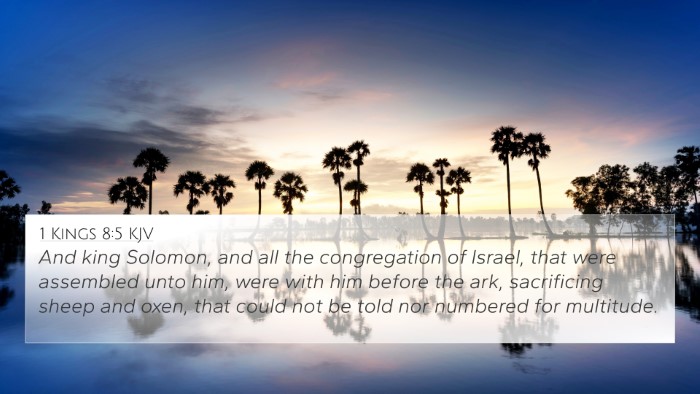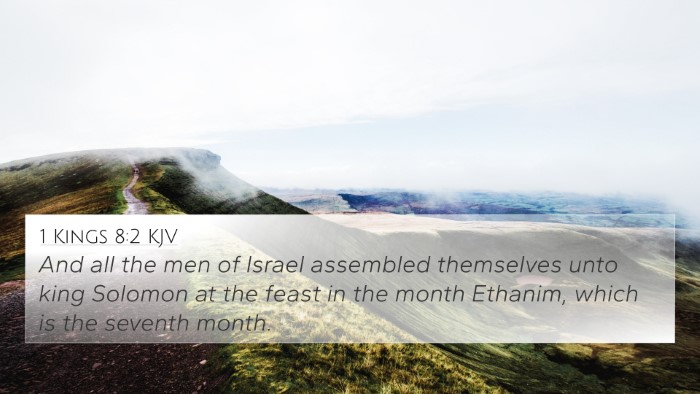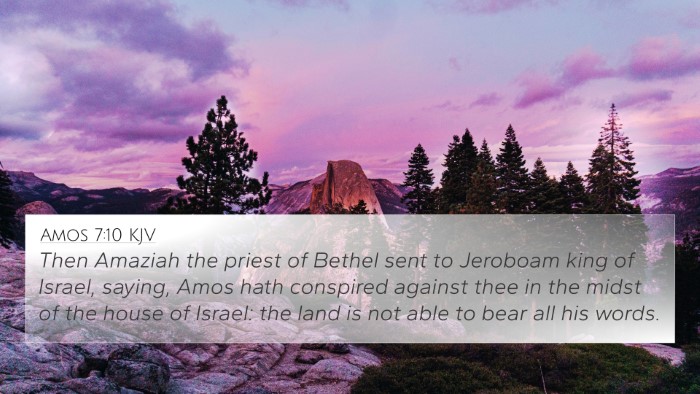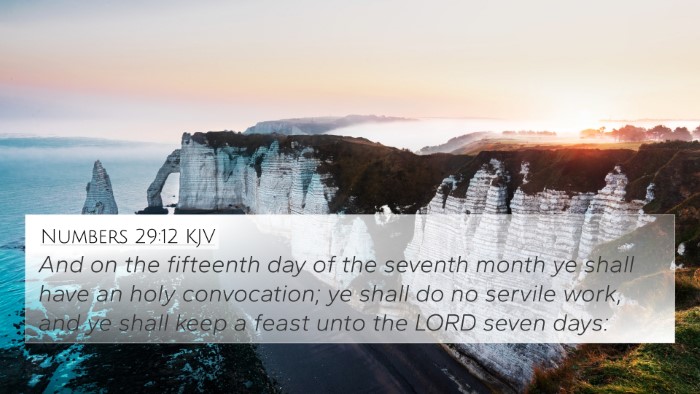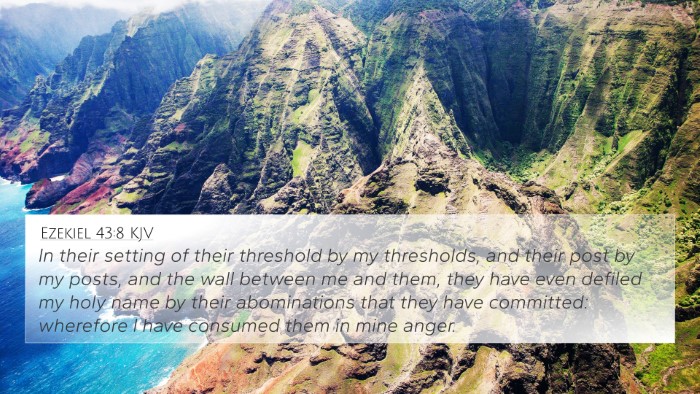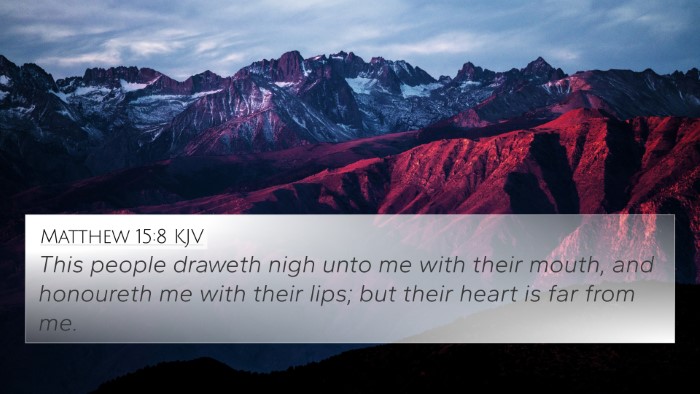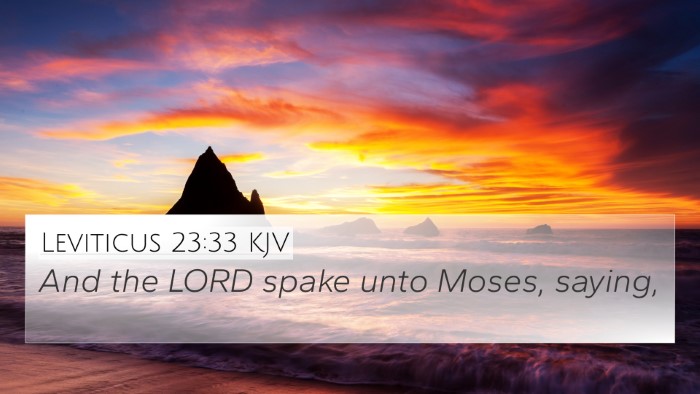Understanding 1 Kings 12:32
Bible Verse: 1 Kings 12:32 - "And Jeroboam ordained a feast in the eighth month, on the fifteenth day of the month, like unto the feast that is in Judah, and he offered upon the altar. So did he in Bethel, sacrificing unto the calves that he had made: and he placed in Bethel the priests of the high places which he had made."
Summary of Meaning
This verse captures a pivotal moment in Israel's history during the reign of Jeroboam. The former servant of Solomon establishes a rival religious system that diverges from the worship in Jerusalem. By instituting a feast that mirrors the Feast of Tabernacles observed in Judah, Jeroboam seeks to unify his kingdom and solidify his power. However, his actions reflect a profound spiritual deviation, as they incorporate idol worship through the golden calves.
Commentary Insights
Matthew Henry's Commentary
Matthew Henry emphasizes that Jeroboam's establishment of a feast was not a godly initiative but a means of consolidating his rule. His choice to mimic the feasts of Judah suggests a desire to maintain a semblance of religious observance while leading the people away from their true worship of God. According to Henry, Jeroboam's actions signify a deliberate rebellion against God's ordained structure, highlighting the dangers of introducing new forms of worship that deviate from Biblical mandates.
Albert Barnes' Notes
Albert Barnes notes that the feast introduced by Jeroboam was a strategic move to prevent the people from returning to Jerusalem, which he saw as a threat to his nascent kingdom. By creating a religious festival, Jeroboam aimed to foster loyalty among the people towards his regime. However, Barnes warns of the peril associated with idolatry, stating that these golden calves represented a grave sin that would have lasting consequences for the nation of Israel.
Adam Clarke's Commentary
Adam Clarke points out that Jeroboam's actions are indicative of his insecurity and lack of faith. By crafting a new religious system, he not only distorts the worship prescribed by God, but also undermines the spiritual heritage of the Israelites. Clarke articulates that the changing of worship practices is rooted in the desire for control and fear of losing power, showcasing the tension between civil authority and spiritual fidelity.
Bible Verse Cross-References
This verse interconnects with numerous other scripture passages that explore themes of idolatry, religious practices, and the consequences of deviating from God's commands. Notable cross-references include:
- Exodus 32:1-6: The sin of the golden calf.
- 1 Kings 12:28: Jeroboam's rationale for creating the calves.
- Leviticus 23:33-43: The original Feast of Tabernacles.
- 2 Chronicles 11:15: Jeroboam and the establishment of his own priests.
- 1 Kings 13:33-34: The long-term consequences of Jeroboam's actions.
- Hosea 8:5-6: The condemnation of Israel's idolatry.
- Jeremiah 2:13: God’s charges against Israel for forsaking Him.
Thematic Connections
This passage also serves as a critical point for linking Bible scriptures dealing with leadership, worship practices, and their implications on national faith. The comparative Bible verse analysis reveals that the themes present in 1 Kings 12:32 are echoed throughout the Bible, illustrating a pattern of human behavior struggling between fidelity to God and the allure of convenience in worship.
Connections between the Old and New Testaments
The establishment of idolatry in Israel can also be seen as a precursor to the issues of legalism and false worship present during the time of Jesus. The identifying connections between Old and New Testament reveals that the same struggles with purity of worship continue across the covenantal divide.
Tools for Bible Cross-Referencing
Utilizing tools for cross-referencing such as a Bible concordance or Bible cross-reference guide facilitates a deeper understanding of such scriptures. This deepens the study of Bible verses that relate to each other within the context of historical and spiritual development.
Conclusion
The passage of 1 Kings 12:32 provides not only a historic account but also a timeless lesson on the importance of remaining steadfast in one’s worship and commitment to God. The Bible cross-reference system serves as an invaluable resource for further exploration of these themes, illustrating rich thematic Bible verse connections throughout scripture.
